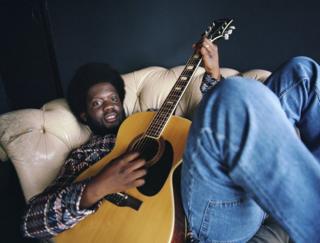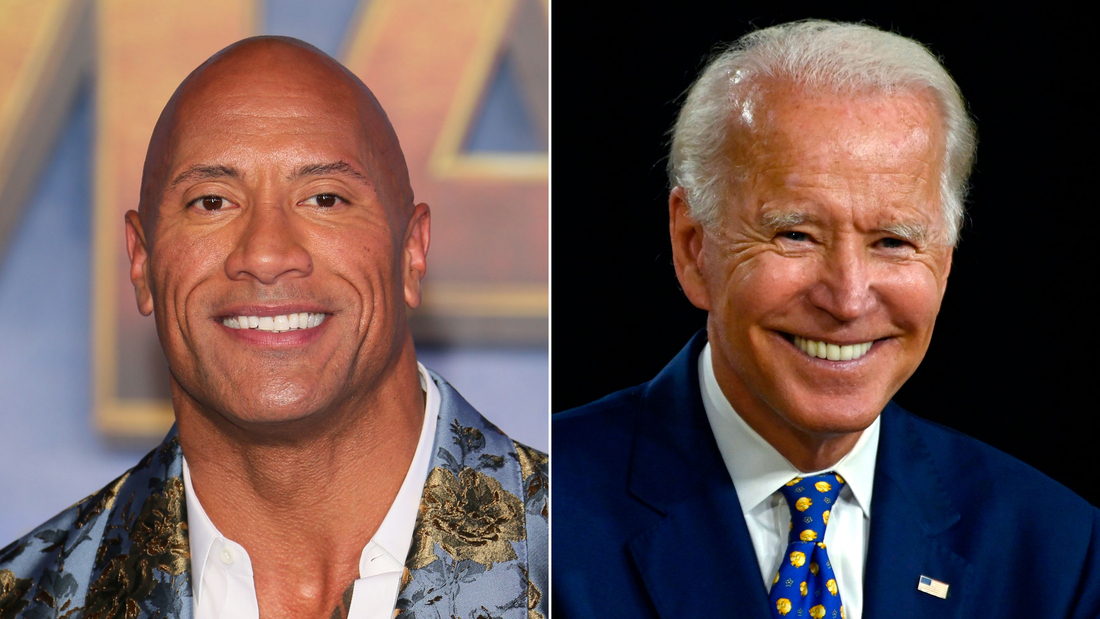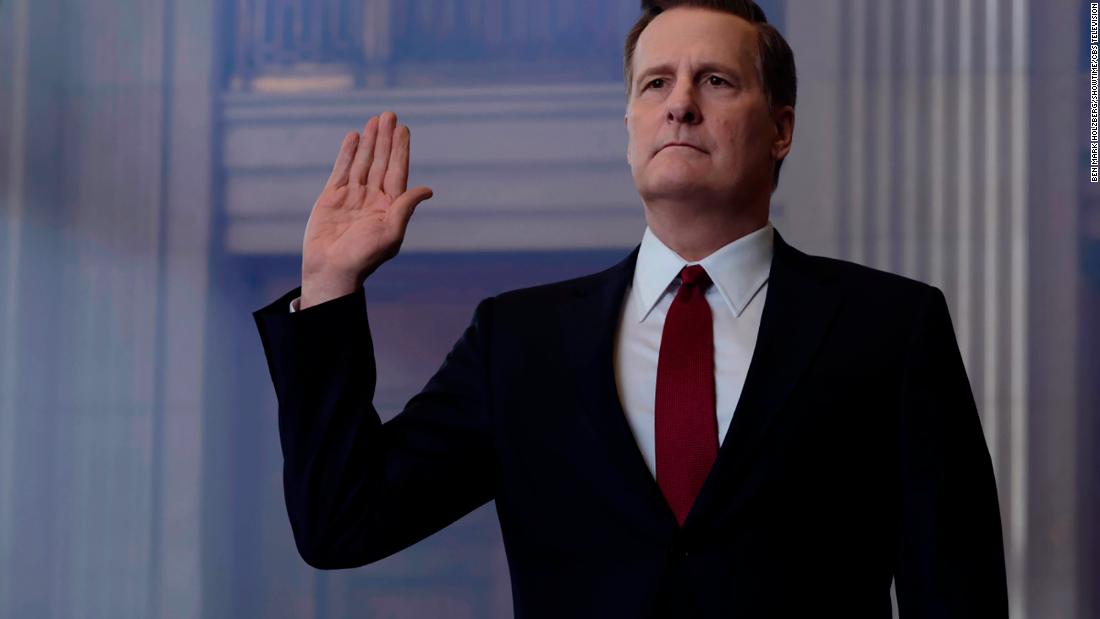 Image copyright
Olivia Rose
Image caption
Michael Kiwanuka: "I was always waiting for someone to find me out"
Image copyright
Olivia Rose
Image caption
Michael Kiwanuka: "I was always waiting for someone to find me out"
Michael Kiwanuka has won the 2020 Mercury Prize for his complex, poetic third album, Kiwanuka. In this interview, originally published in November 2019, the singer explains how he overcame crippling self-doubt to make the record of his career.
"I won't change my name, no matter what they call me," sings Michael Kiwanuka on his latest single, Hero.
Over the years, the London-born singer has been called a lot of things. "Michael Kiwa-nin-nin-nooko, Michael Keena-wooka, Michael Kawaski... Anything other than Michael Kiwanuka," he told the BBC when he topped the Sound of 2012 poll seven years ago.
"Once, on my dressing room, there were like five 'n's - Kiwanininininanuku!"
As a young musician, he was repeatedly told to choose a new name to make him "more marketable". Now, with cool self-assuredness, he's called his third album Kiwanuka. All in capitals. Accompanied by a portrait of the singer dressed as a Tudor-era African king.
You could interpret that as arrogance or pride, but that's not his intention. The album title is "a statement to myself", says Kiwanuka. A reminder that he conquered his crippling self-doubt.
"I've always had imposter syndrome," says the singer. "I was always waiting for someone to find me out and go, 'We see that you're not actually that good and it's all going to crumble'."
'Really scared'
It didn't matter that his last album, 2016's Love & Hate, went to number one and was nominated for a Brit Award. Nor that Cold Little Heart, the album's stunning, symphonic opening track, was placed over the opening titles of Big Little Lies, earning him international recognition.
"It was frustrating because I thought [success] would have a different effect," he says, "but what it did was almost the opposite. I was overwhelmed by the response to the record."
He began to believe the album's producers, Danger Mouse and Inflo, were the real talent - and that his own contributions were inconsequential.
"Because they're so good and I look up to them so much, I started to think, 'Maybe I'm actually just average and they're the reason why it's popular,'" he says.
"And because the album did well, it amplified those feelings, in an odd way. I started to really get scared about it."
Image copyright Getty Images Image caption The singer's new album has been met with universal praiseKiwanuka's depleting confidence started to affect his work, especially when he started recording Love & Hate's follow-up.
"There'd be times working on this album where I'd be really self-conscious about my abilities and what I can bring to the table. I'd think, 'If they hear this, they'll probably say, 'Oh, I'm not working with him again'.
"But about a year-and-a-half ago, I got tired of that way of thinking. I just went, 'This isn't helping anyone, least of all me.'"
As his confidence returned, it fuelled a burst of creativity: Kiwanuka's self-titled third album is a gorgeous, slow-burning trip into psychedelic soul, that's already won a clutch of four and five-star reviews.
"One of the greatest albums of the decade," declared The Guardian. "A compassionate, career-defining masterpiece," agreed Q Magazine.
Rolling Stone, meanwhile, noted it felt "like a proper old-fashioned album," designed to be heard in one sitting, with each track bleeding into the next through musical interludes and sampled dialogue.
Kiwanuka hopes listeners will get "lost and immersed" in the music, the way he used to on his favourite albums.
"When I was at school, I loved The Score by The Fugees. It had all these skits and songs and musical motifs that would come back. I remember being 12 and feeling I was in another world.
"That was one of the ambitions for this record: How can I keep people engaged, especially in a time of playlists, where album listening is a rare thing?
"So there's no fade outs or pauses between songs. If you press play when you're cleaning the house, you get sucked in for the whole duration and you won't even know when the song has changed."
Marital bliss
The album rewards your undivided attention, especially on headphones, as Kiwanuka colours and shades his songs with laid-back beats, torrid guitars, majestic strings, harps, brass, percussion, convulsive jazz chords and call-and-response gospel hooks.
The influences he draws on are impeccable: Gil Scott Heron's wordplay, Prince's vari-speeded vocals, the fuzz-tone guitar of Funkadelic's Eddie Hazel and the heated-up-and-stretched-out grooves of Issac Hayes' Hot Buttered Soul.
"I think there's a reference to Hot Buttered Soul in every song I've tried to do over the last five years," he confesses. "I love that album."
At the centre of it all is Kiwanuka's voice, full of warmth and resonance and humanity.
He's at his most emotive on Piano Joint, a song about the healing power of love that was inspired by his wife, Charlotte.
"I've been a married man for three years and there's nothing else like it. It's just so solid.
"It's so therapeutic to know there's two of you on the same team. That kind of love is the thing that gets me through the difficulties."
The 32-year-old says he's become something of a homebird over the last three years, making touring life a perplexing prospect.
"On the first album, my flat was just in boxes. I didn't care about being a home at all," he says. "I was like, 'Send me on tour for seven years, I'll be fine!' And although I love it just as much as I did then, it's way harder to leave.
"Home life is fun, you know? We'll be like, 'Shall we book this holiday?' or 'Shall we paint the walls?'
"The little things that don't seem that big, that everyone can do, become really fun. It just gives you another side of life that anyone can attain, and it's just beautiful. It's difficult to describe, but I definitely recommend it."
'Subtle racism'
The couple recently moved to Southampton, a far cry from Muswell Hill, where Kiwanuka had lived since he was a child, born to Ugandan parents who'd fled Idi Amin's regime.
Their leafy suburb of North London was predominantly white, leaving the youngster with a sense of otherness and un-belonging that informed his 2016 single Black Man In A White World.
He says he never experienced "blatant" racism in the UK - but that doesn't mean it wasn't there.
"In America, everything's so much more polarised and amplified, but the things I went through are more way more subtle," he says.
"It's more like you go to a university and there's there's no black people, there's no black teachers, no black people in places of leadership. Or you go to a record label - nobody. So it's not necessarily, 'I hate you, I'm shooting, I'm killing you in the streets,' but there's something askew there."
It's that sort of ingrained, unconscious racism that he sings about on Hero: The people who told him to change his name were worried his records would be pigeon-holed as "world music", but they never considered they were asking him to erase his identity.
"A name is a powerful thing," he muses. "You don't get more 'you' than your birth name, your given name."
Image copyright Olivia Rose Image caption "I've always liked albums that keep me in the space, the whole duration of the record."His refusal to adopt a pseudonym was a small act of defiance, but Hero goes on to reflect on the far greater sacrifices made by civil rights activists; comparing the murder of Black Panther chairman Fred Hampton with recent US police shootings.
"I was looking at pictures on my phone of Fred Hampton and I was just moved by how young he was when he got killed," says the singer.
"And then I started thinking of the musical icons who died young, too. And I had the idea of, like, to become a hero, do you need to be a martyr? Do you have so much good to give that it's too much for the world, and you get shot down - whether you're Bob Marley or John Lennon or Fred Hampton, or whoever it is?
"The words came out pretty quick at that point. I finally had something to sing about."
But while the subject matter of Kiwanuka's third LP gets pretty heavy, there's always a shaft of light - evidence of the singer's hope and humanity, rooted in the Christian faith which "has helped me my whole life".
It's there in the sample of US civil rights activists staging peaceful sit-ins at segregated cafes in the 1950s: "You cause no violence. You have no angry words, [projecting] the idea that here sits beside me another human being."
And it's there in the uplifting final track, Light, where Kiwanuka sweeps away his anxiety as he sings: "Shine your light over me / All of my fears are gone".
"I finally accepted that I am a singer, I'm an artist and a songwriter and I love it," he smiles. "That's when I decided to call the album Kiwanuka - because there's no hiding from that.
"This is who I am, rain or shine. I am completely myself. I am not an imposter."
Kiwanuka is out now.
Follow us on Facebook, or on Twitter @BBCNewsEnts. If you have a story suggestion email entertainment.news@bbc.co.uk.

 5 years ago
1323
5 years ago
1323 

